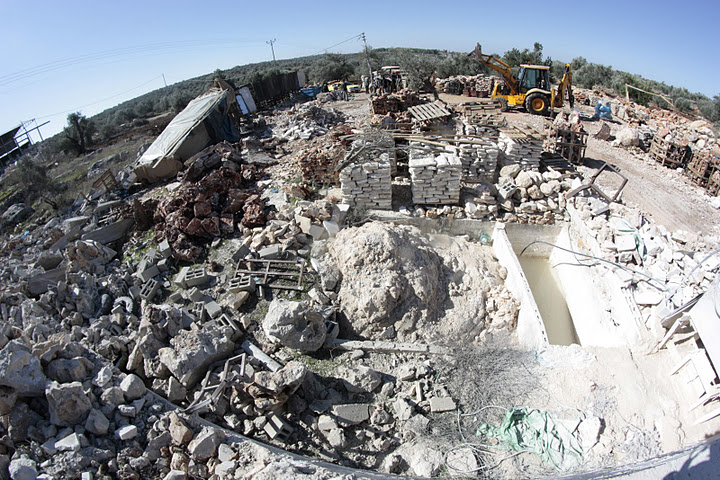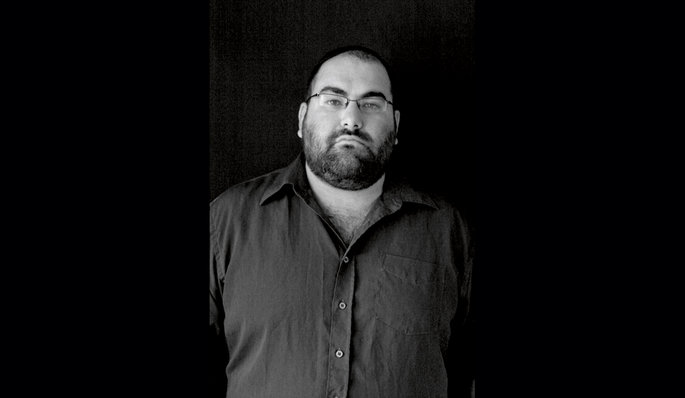-
Family fears their son is dying within Israeli prison
by Alistair George 6 December 2011 | International Solidarity Movement, West Bank Mohammad Awad is a 16 year old Palestinian boy, he is in an Israeli jail and he is gravely ill – his family believe that he is not receiving the right treatment and that he may be dying. As they sit in their […]
-
Home Demolitions: Child dragged out by his throat
by Sarah 5 December 2011 | International Solidarity Movement, West Bank On Monday the 5th of December, in the Azzun district of Qalqiliya, a stone factory was destroyed at 6:00 am. The owner, Hussain Anam, explained to us that the factory was built 3 years ago, but his only demolition notice was when the bulldozer […]
-
Breaking the Silence: An interview with Yehuda Shaul
by Alistair George 6 December 2011 | International Solidarity Movement, West Bank “If you don’t look nice, you don’t spend too many hours in front of the mirror,” says Yehuda Shaul, one of the founders and Executive Directors of Israeli NGO, Breaking the Silence. “What we demand of our society is to look in the […]
Action Alert An Nabi Saleh Apartheid Wall Arrests BDS Bethlehem Bil'in Cast Lead Demonstration Denial of Entry Ethnic Cleansing Farmers Gaza Global Actions Hebron House Demolition International law Israeli Army Jerusalem Live Ammunition Nablus Ni'lin Prisoner Ramallah Rubber-coated steel bullets Settlement Settlers Settler violence Tear-Gas Canister Video



